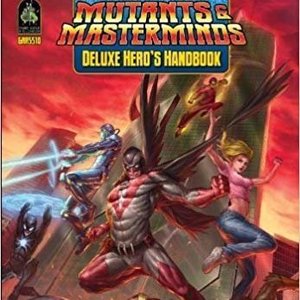Awix (3310 KP) rated Mutants & Masterminds (3rd Edition) in Tabletop Games
Mar 7, 2018 (Updated Mar 7, 2018)
This is a game which really demands that everyone is on the same page in terms of the tone and style of game they want to play: the character creation system is point-based and it's potentially very easy to create unbalanced, unstoppable combat monsters. Character advancement can also be a little tricky over an extended (20+ session) campaign. Getting to grips with the finer points of the creation system can also be difficult; using a character-building app is an extremely sensible idea.
That said, when a group is sympatico and the GM knows his comic book tropes, this game allows you to play through superhero adventures with an ease and sense of fun like few others. I played in a group running this system on pretty much a weekly basis for 15 months and the individual sessions were almost all great fun; it was long-term problems with the campaign rules that caused the whole thing to grind to a halt.
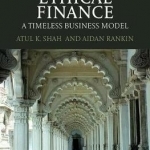
Jainism and Ethical Finance: A Timeless Business Model
Book
The financial crisis of 2008 has led to a re-evaluation of the role of financial institutions and...

Sustainable Building Design: Learning from Nineteenth Century Innovations
Book
A twenty-first century renaissance is emerging in architecture. After a century of building designs...
Regulating the Lives of Women: Social Welfare Policy from Colonial Times to the Present
Book
Widely praised as an outstanding contribution to social welfare and feminist scholarship, Regulating...
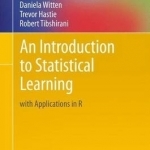
An Introduction to Statistical Learning: With Applications in R: 2013
Gareth James, Trevor Hastie, Robert Tibshirani and Daniela Witten
Book
An Introduction to Statistical Learning provides an accessible overview of the field of statistical...
Combine Harvesters: Theory, Modeling, and Design
Book
From Basic Fundamentals to Advanced Design Applications A culmination of the author's more than 20...
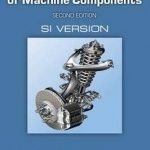
Mechanical Design of Machine Components: SI Version
Book
Analyze and Solve Real-World Machine Design Problems Using SI Units Mechanical Design of Machine...

Book Keeper Accounting
Business and Finance
App
Book Keeper Accounting is a financial/business accounting app for small and medium businesses....
Socio-Economic Human Rights in Essential Public Services Provision
Marlies Hesselman, Antenor Hallo de Wolf and Brigit Toebes
Book
There is a clear overlap between securing socio-economic human rights for all persons and arranging...
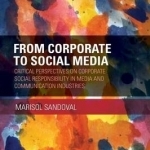
From Corporate to Social Media: Critical Perspectives on Corporate Social Responsibility in Media and Communication Industries
Book
The corporate and the social are crucial themes of our times. In the first decade of the...
